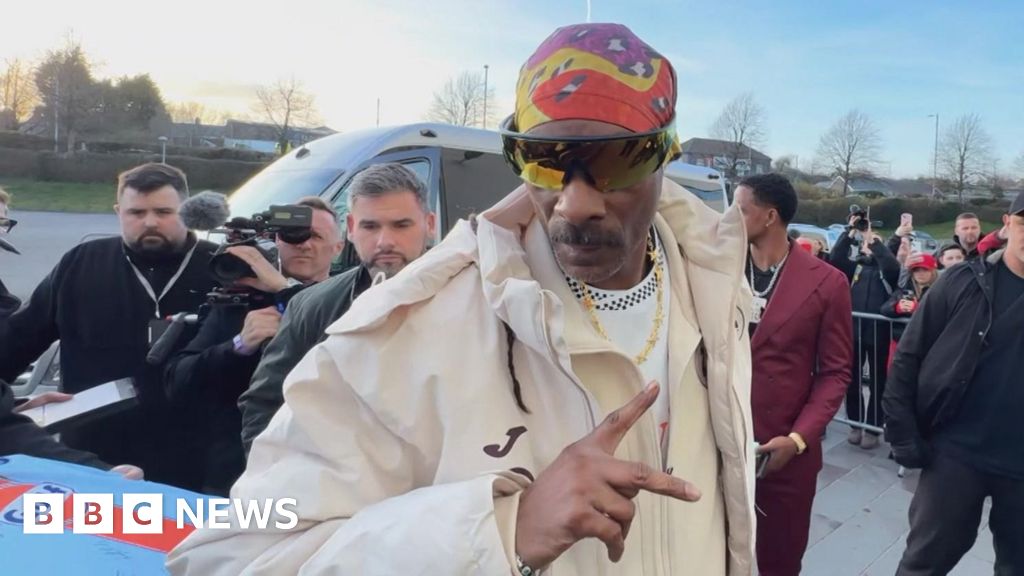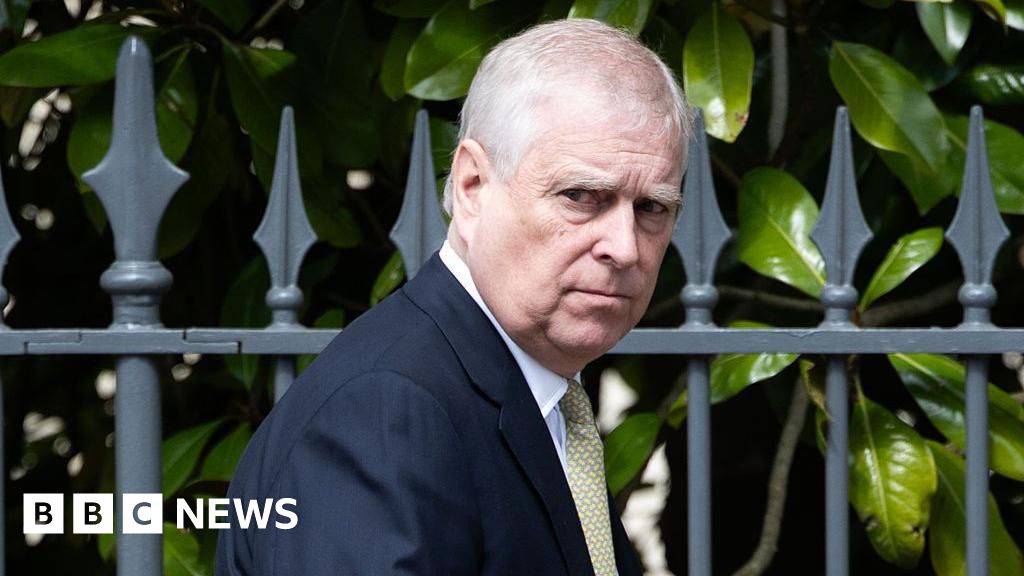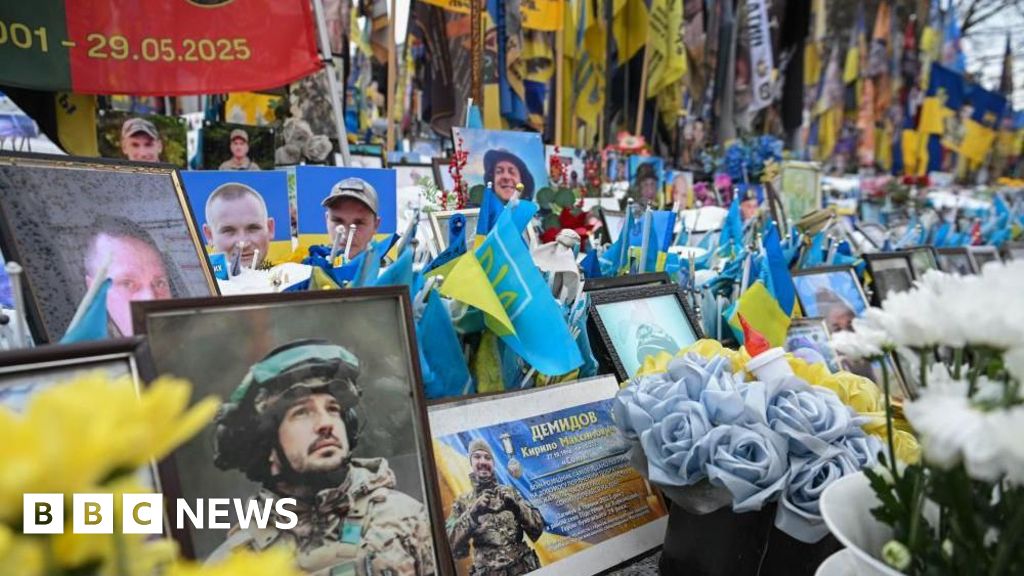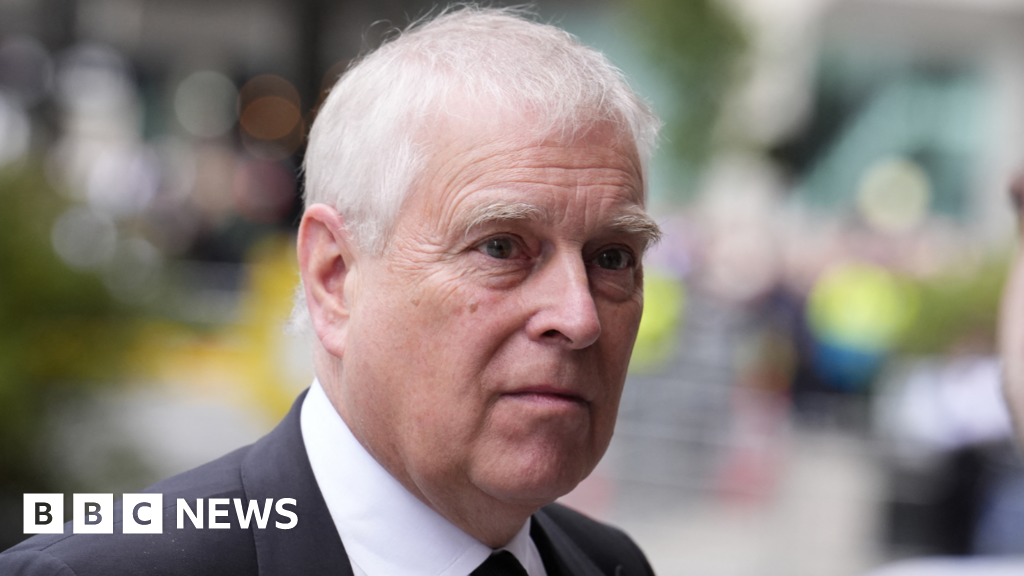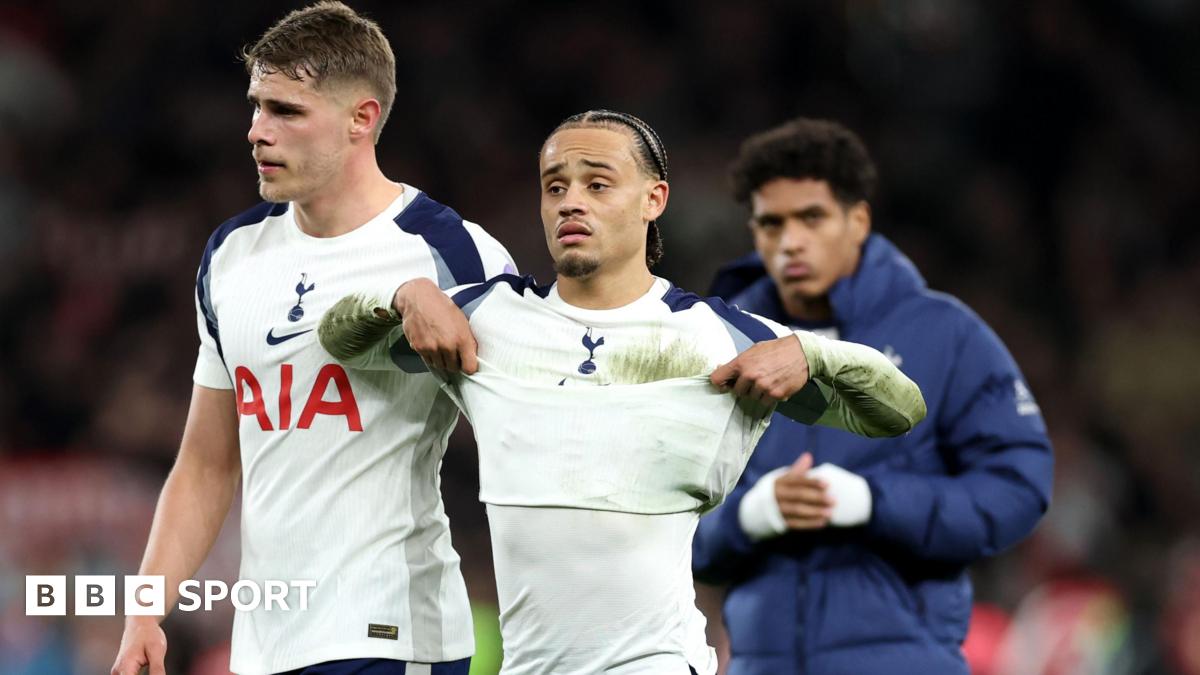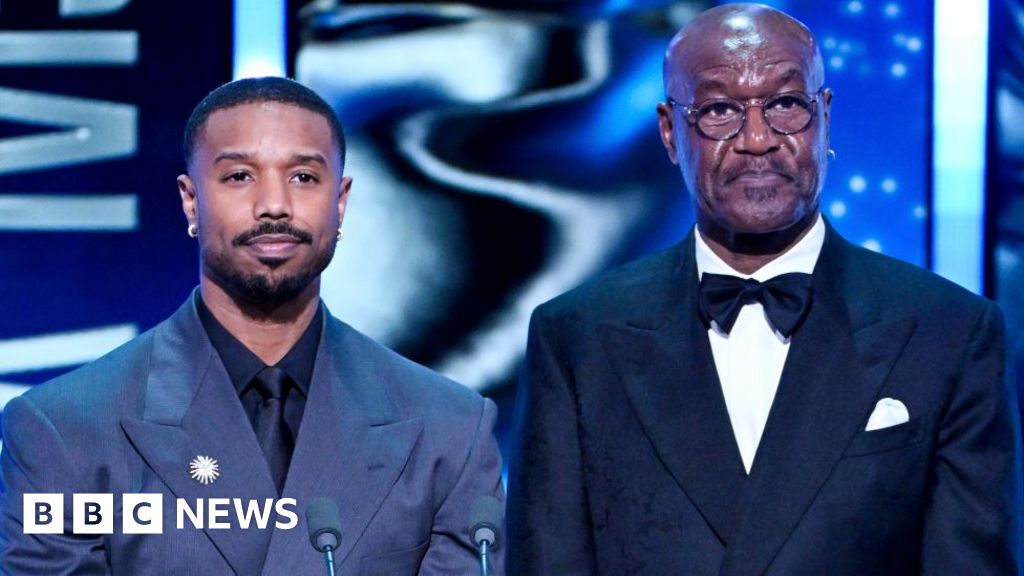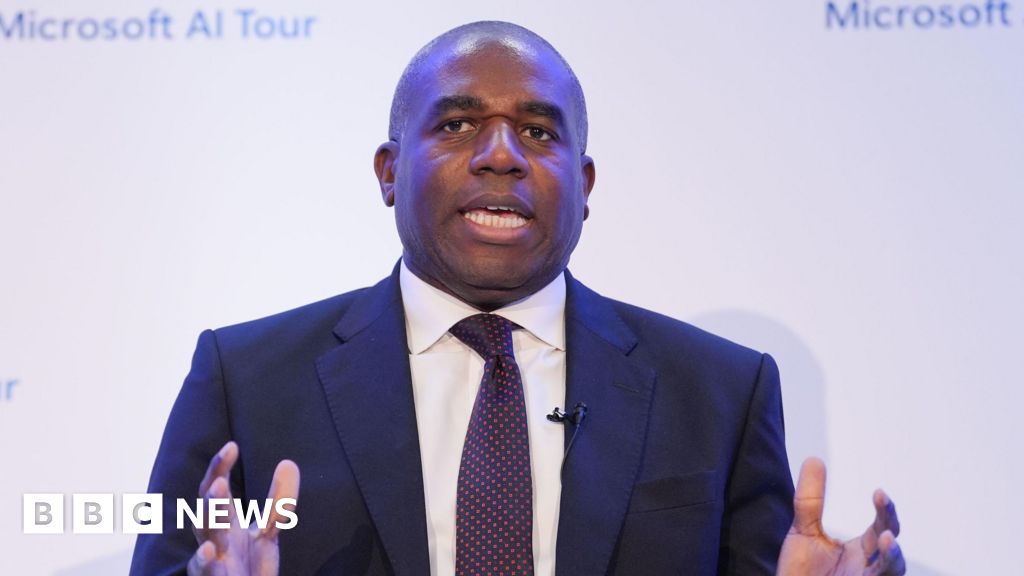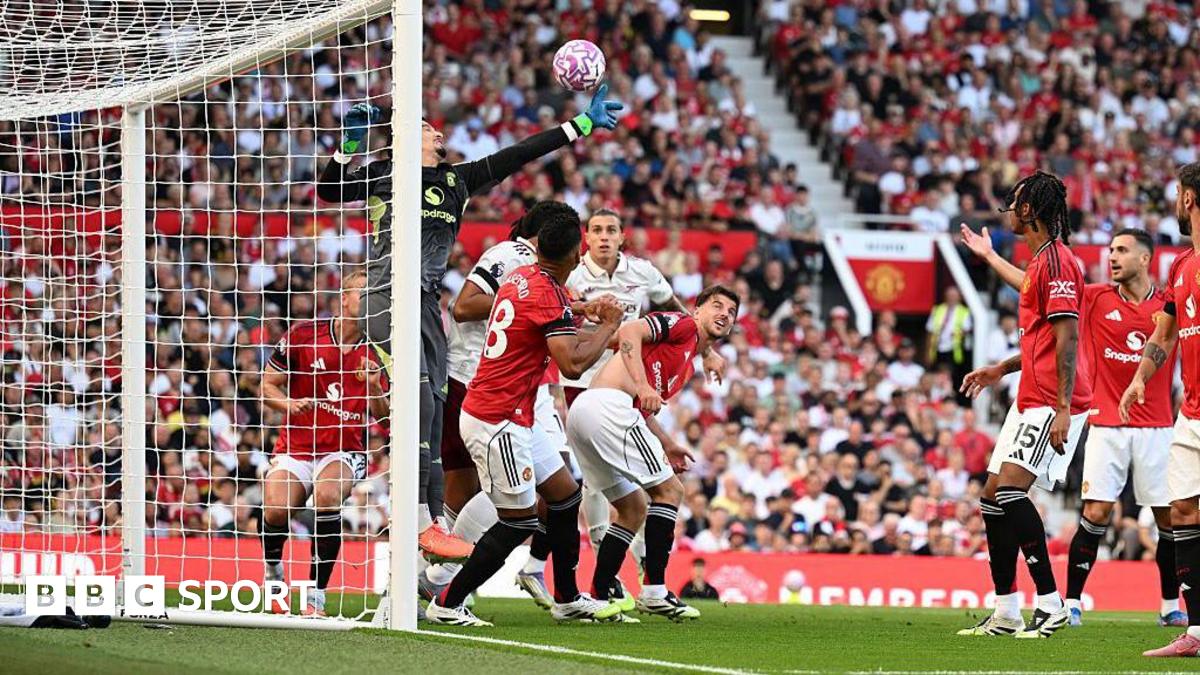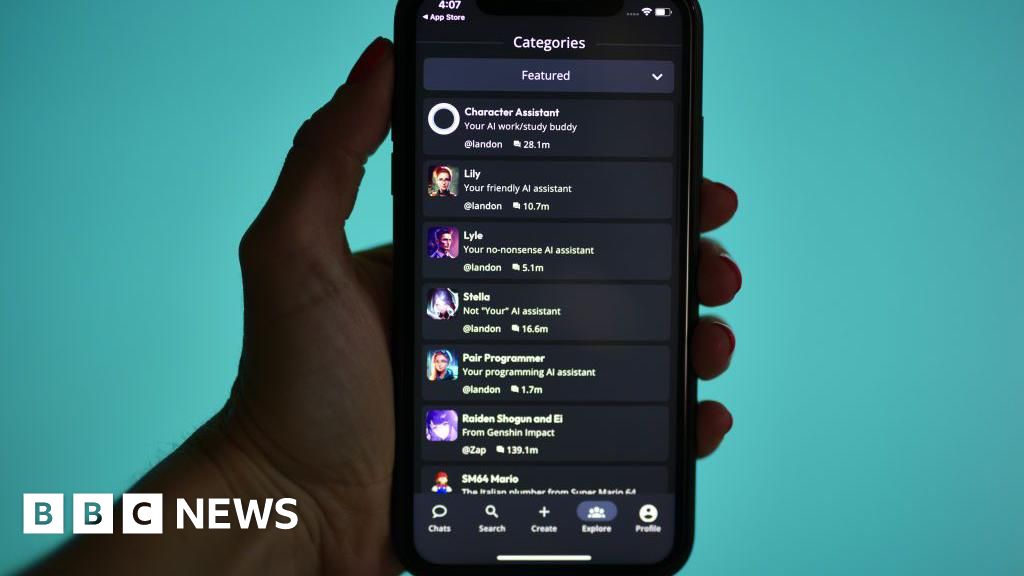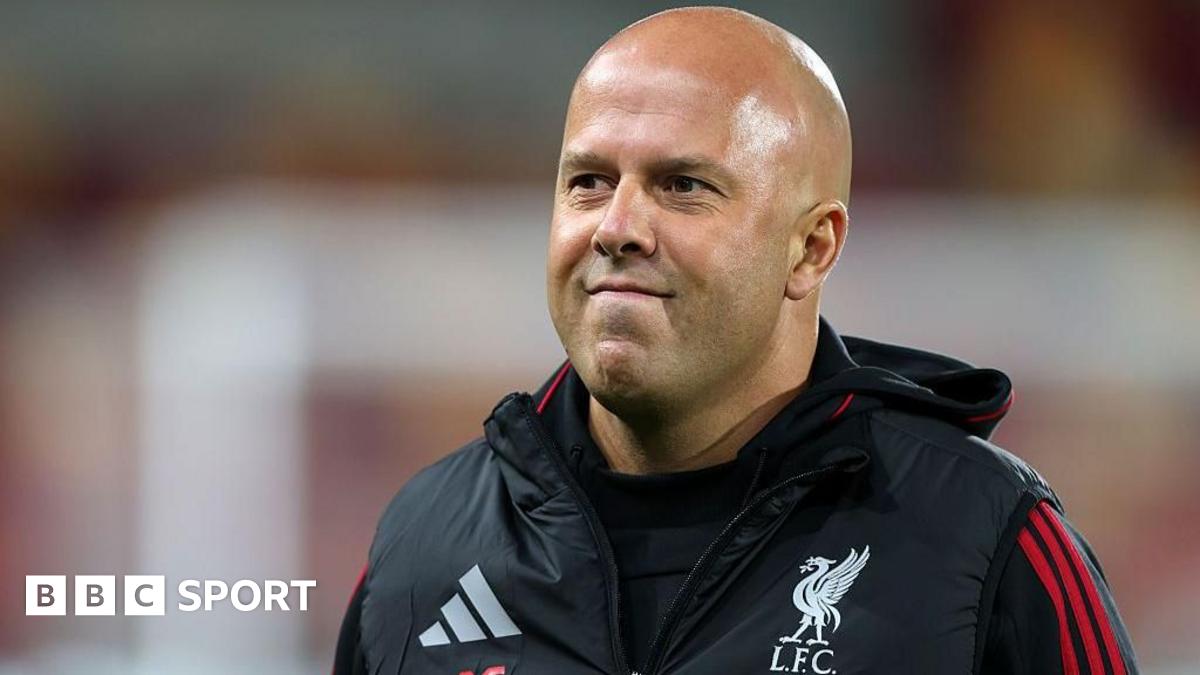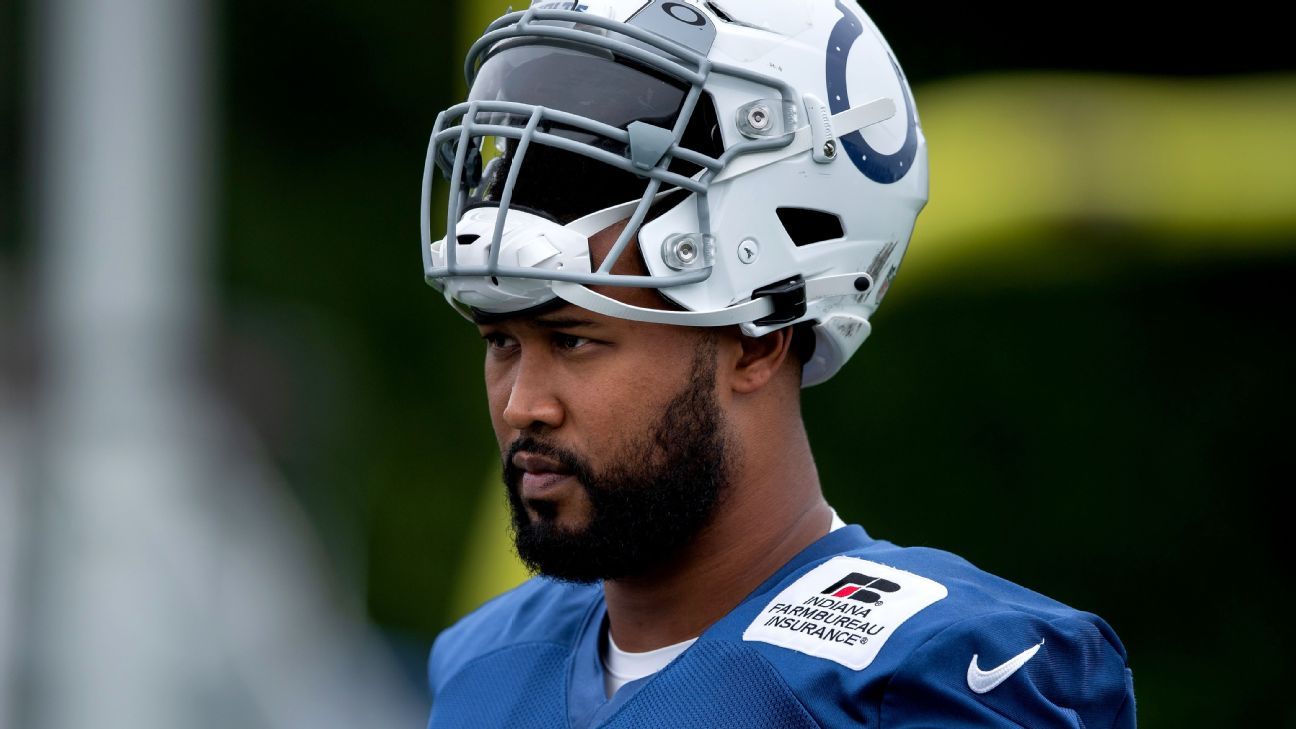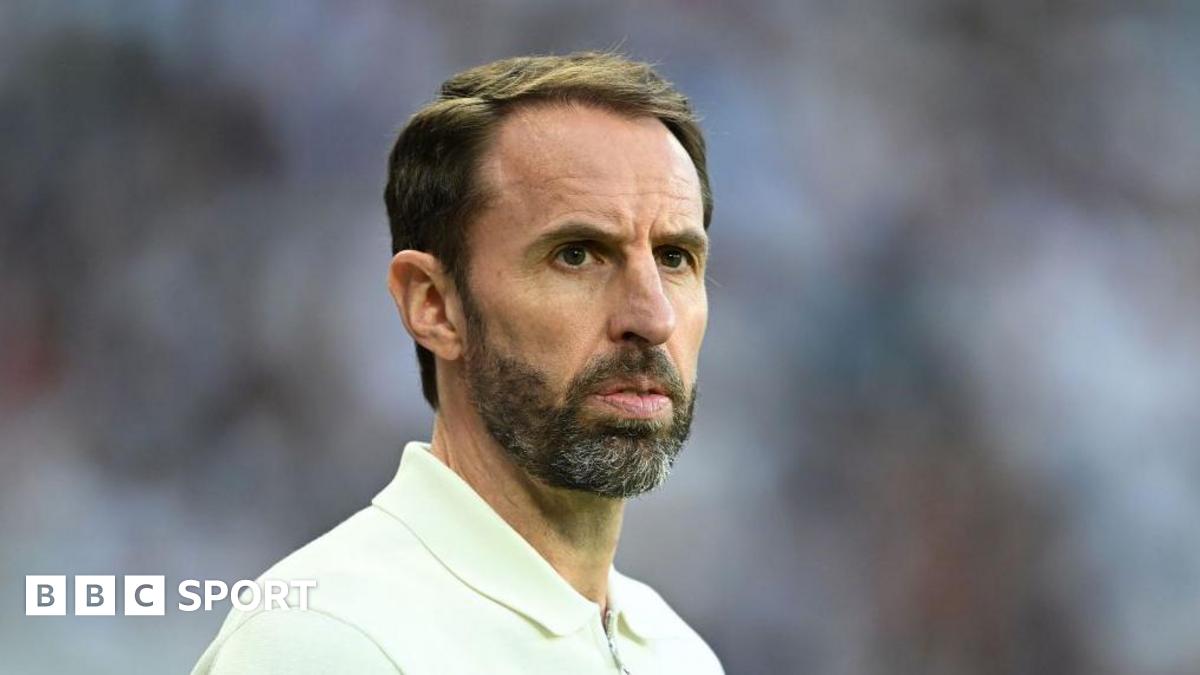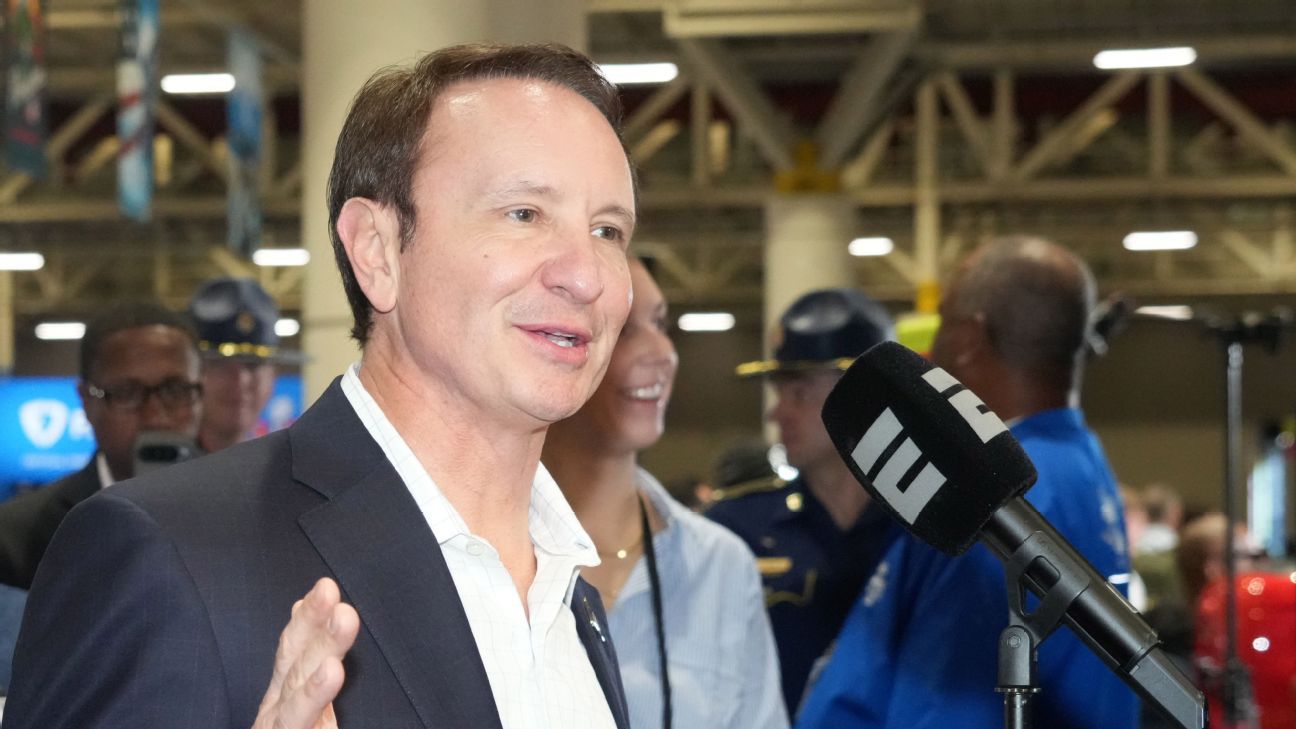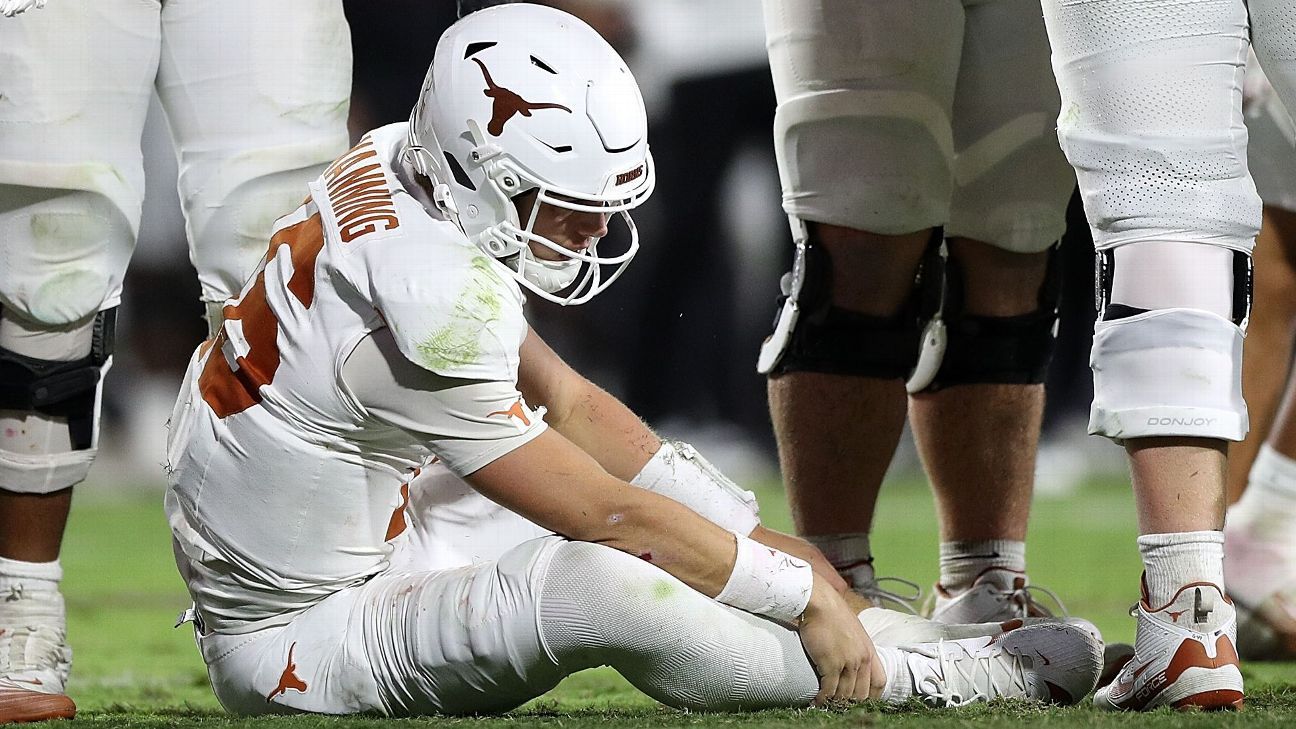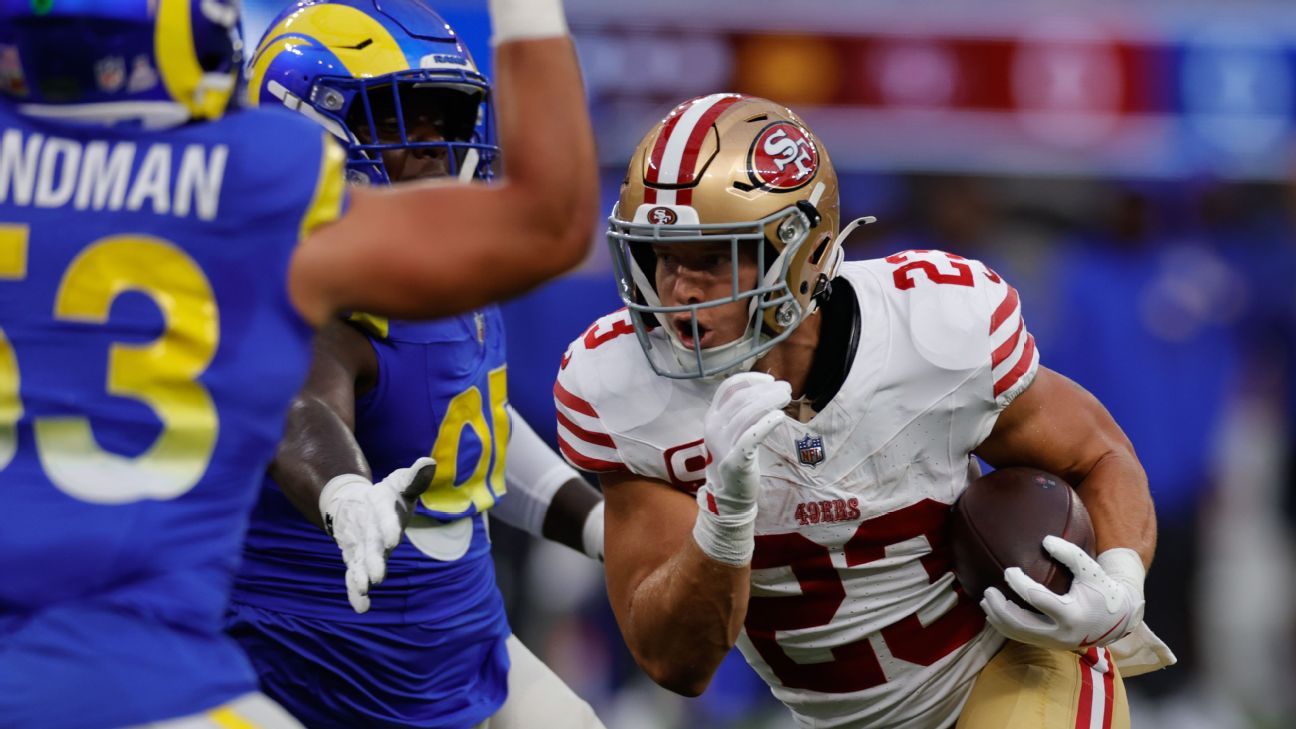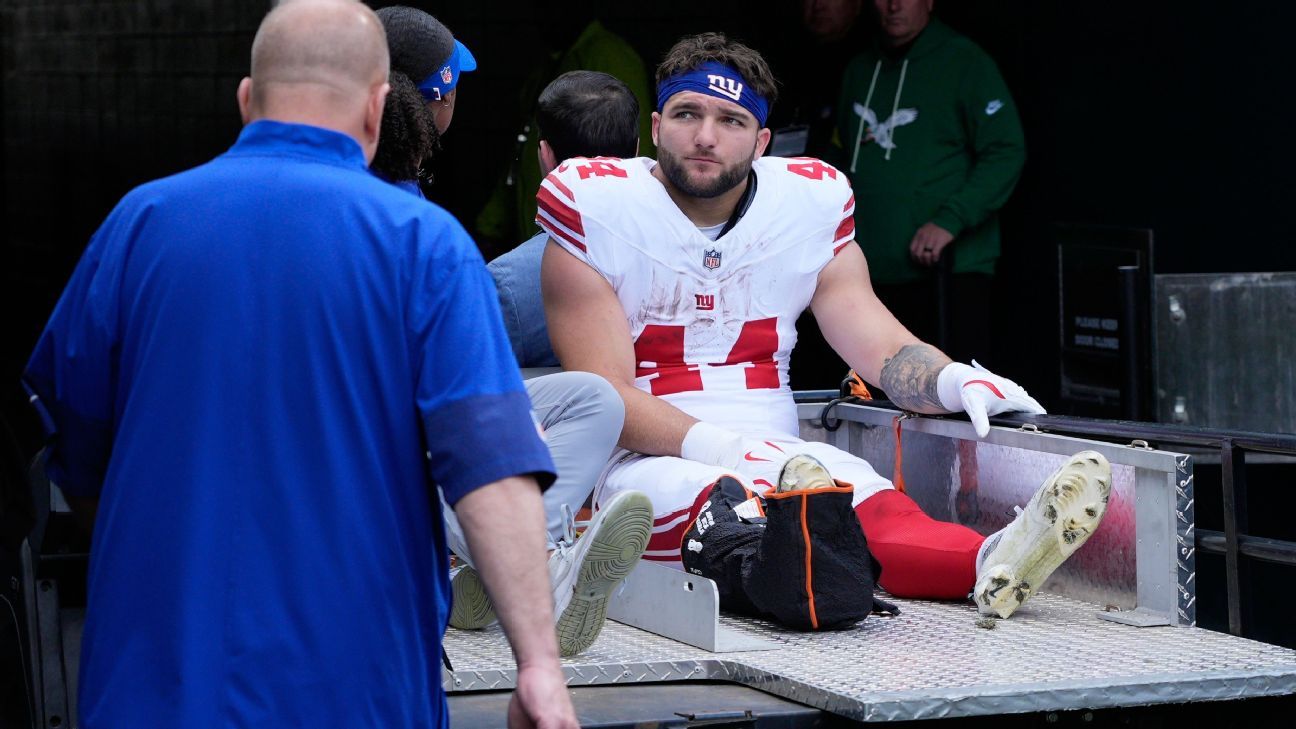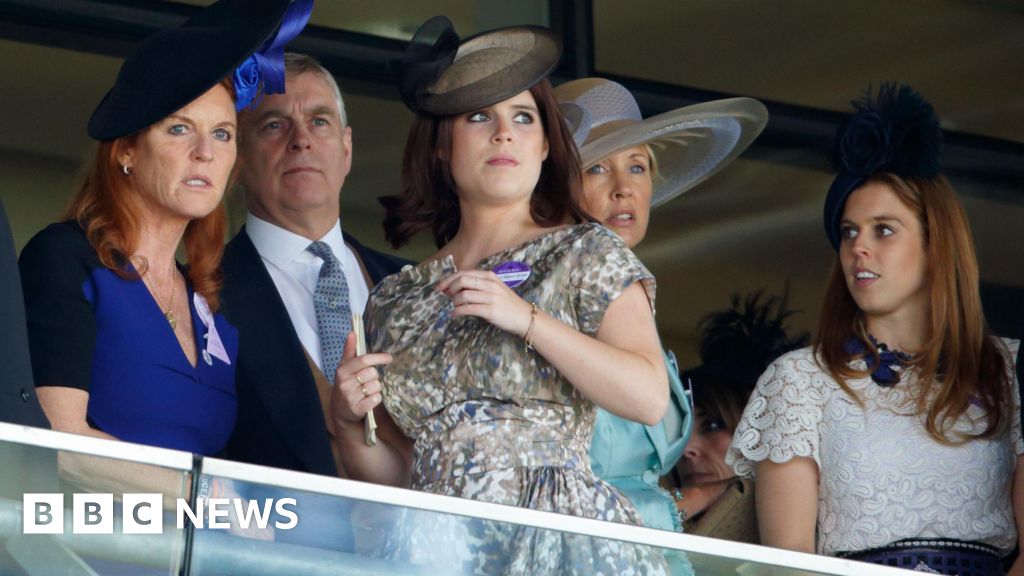 Image source, Getty Images
Image source, Getty Images
Michael Vaughan. 2005.
England's captain and a longed-for Ashes triumph in the greatest series of them all.
Before Vaughan's life-changing moment, when he lifted the urn at The Oval, came a first brush with the Australians almost three years earlier.
England were steamrollered 4-1 down under in 2002-03 by arguably the best Test team of all time. Captain Steve Waugh, Shane Warne, Glenn McGrath, Ricky Ponting, Adam Gilchrist and the rest.
But Vaughan - on his only tour of Australia - bloodied some noses and learned valuable lessons about how to beat the men in baggy green caps. Three hundreds, and a total of 633 runs bettered in this century by only two other visiting batters in Australia - Alastair Cook and Virat Kohli.
For a while, Vaughan was rated as the best batter in the world and, more importantly, was on the road to the England captaincy. Twenty years on from the series that defined his career, he says there was "no chance" of victory in 2005 without the experience of 2002-03.
"Once I got the captaincy, I thought 'what do I do?'" Vaughan tells BBC Sport.
"I looked back on the people I'd been captained by and the captains I'd played against. Steve Waugh was the standout. His manner, his mechanisms.
"In county cricket, teams would bowl part-time bowlers before lunch to get through the overs. Every time I watched Steve Waugh, the over before lunch he'd turn to someone like Brett Lee and say :'Bowl bouncers round the wicket.' He'd make those periods the hardest.
"Little things like walking on the field. I'd walk on to the field and say hello to everyone. If you said hello to Steve Waugh, he'd just look at you and make you feel about three feet tall. He intimidated with field settings, small words. Not abuse. It helps when you've got an attack of Warne, McGrath, Lee and Jason Gillespie but he did not get the credit for his tactical nous."
Vaughan impressed in the early part of his England career without standing out: 16 Tests, one hundred at an average of 31.15.
In 2002, Vaughan tweaked his technique because dismissals to deliveries that nipped back to the right-hander were "doing my nut in". With an earlier trigger movement, Vaughan plundered 900 runs in seven home Tests against Sri Lanka and India. Only two men - Graham Gooch and Donald Bradman - have scored more in an English Test summer.
Vaughan arrived down under with the benefit of form and advice from India great Sachin Tendulkar, who suggested attacking McGrath at every opportunity. Neither prepared Vaughan for the scrutiny of an overseas Ashes tour.
"We arrived in Perth and did a gentle fielding session at the Waca, and it went great," says Vaughan.
"The local newspaper positioned a camera. When you field for an hour and a half, and there's 16 or 17 in the squad, there's bound to be one or two go down.
"Next day on the front of the paper was 'England drop in to town' and pictures of us all dropping a ball."
The 2002-03 series was the last 'old-school' England tour of Australia. England played their first game on 22 October and their last more than three months later. The Ashes paused after three Tests for one-day internationals. The tourists played four warm-up matches before the first Test, with Vaughan's good form continuing with a century against Queensland. It did little to help him on the first morning of the first Test in Brisbane.
"It was a horrible feeling. Gut-wrenching," he says. "As much as you're desperate, excited and you've had the dreams of playing in an Ashes series, when it came I just thought, 'this is awful'.
"The pressure, the anthems. Walking out to sing at the Gabba - little things like that. I probably hid them nicely, put on a decent act that I was cool and calm, but I hated that first week."
In a Test remembered for captain Nasser Hussain's infamous decision to field first, England were flattened by 384 runs. Simon Jones was carried off on a stretcher after a sickening knee injury and other plans fell at the first hurdle.
"We'd had the talk about 'we're as one, when we go to the Aussies, we go together'," says Vaughan.
"Andrew Caddick gave Matthew Hayden a few choice words early. Hayden drop-kicked Caddick over his head for six. Caddick went at him again and no-one else said a word."
Vaughan made scores of 33 and nought, with no real hint of the glut of runs to come. On the morning of the second Test in Adelaide, he was a severe doubt with a knee injury that would dog the rest of his career. When Hussain went to toss up, this time choosing to bat first, Vaughan was still in the nets making sure he was fit enough to play.
He hobbled to 19, then came a sliding-doors moment. A drive at a wide one from Andy Bichel was taken by Justin Langer diving forward from point. Langer claimed what appeared to be a clean catch, but Vaughan was unmoved. Standing umpire Steve Bucknor called for TV umpire Steve Davis, all while former Australia captain Mark Taylor - commentating on television - became gradually more agitated. Somehow, Vaughan got away with it.
"He caught it, but I knew I had a chance," says Vaughan. "It was close to the ground. On TV it was always going to look like it touched one blade of grass and that's enough.
"The longer the review goes on, the more you think you're getting away with it. I was laughing to myself, because I knew what was coming. I knew I'd be absolutely lambasted. The Australians murdered me. All of them. Langer took it all day."
Vaughan made 177 - his first Ashes hundred and first against anyone outside of England. To go with a dodgy knee, the Yorkshireman had his shoulder bone chipped by a Gillespie bouncer.
"All the Aussies came to shake my hand in the dressing room, apart from Justin," says Vaughan.
"The confidence of scoring a hundred against Australia in Australia, it doesn't get much better. Of all the hundreds I got in my career, that was the most special."
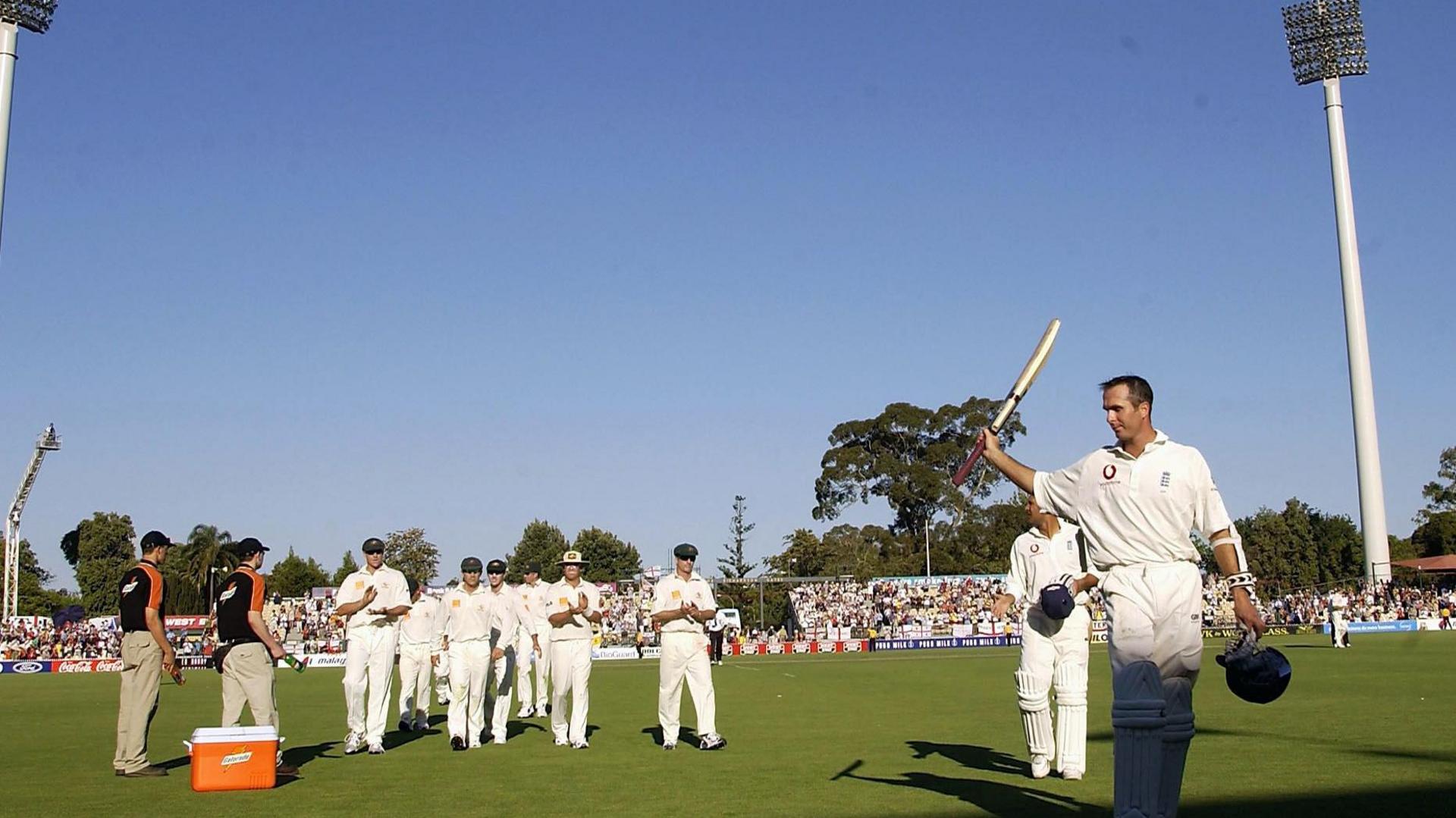 Image source, Getty Images
Image source, Getty Images
Despite Vaughan's effort, England were beaten by an innings, just as they were in the third Test in Perth, meaning the Ashes were lost on 1 December. There were still almost two months of the tour remaining.
England could have suffered another innings defeat in the Boxing Day Test at the Melbourne Cricket Ground, following on 281 behind, but Vaughan was at it again. His 145 set Australia a target of 107. The home side were 58-3 and 83-4 before finally winning by five wickets.
"The MCG was being renovated," says Vaughan. "I remember scoring a hundred, looking around to wave my bat and just saw a load of builders. I waved my bat to them.
"We could have won that game. We needed another 60 or 70 runs. Australia were jittery."
As strange as it sounds for a team 4-0 down, England were improving.
"We were starting to play better cricket," says Vaughan. "It takes two or three games to realise you are up against human beings.
"You start by looking at them like they are robots or aliens - just too good. I understood they were quality, but if you did the basics really well you had a chance."
In Sydney, England were battling to avoid being humbled 5-0. With only one run between the teams after the first innings, Vaughan struck again. A sparkling 183 set Australia 452 to win and Caddick, with 10 wickets in the match, did the rest. England celebrated like they won the Ashes, not a dead rubber, and Vaughan banked another Ashes lesson.
"I remember sitting in the dressing room and thinking ',you've just got to do that three times to win the Ashes'," he says. "No-one spoke, but I thought any team can be got if you play good cricket.
"I wasn't thinking as a leader at that time, but getting the captaincy later that year, I know I learned so much from that series."
More was taken from post-series beers with the Australia team - interactions discouraged by Hussain while the Ashes were still being contested.
"Sitting in the dressing room with the Aussies was great," says Vaughan. "Nasser made it very clear he didn't want us to socialise with Australia. The best way to find out about them is to get to know them. You generally find out they are just normal people that play cricket very, very well. We had great fun in the dressing room."
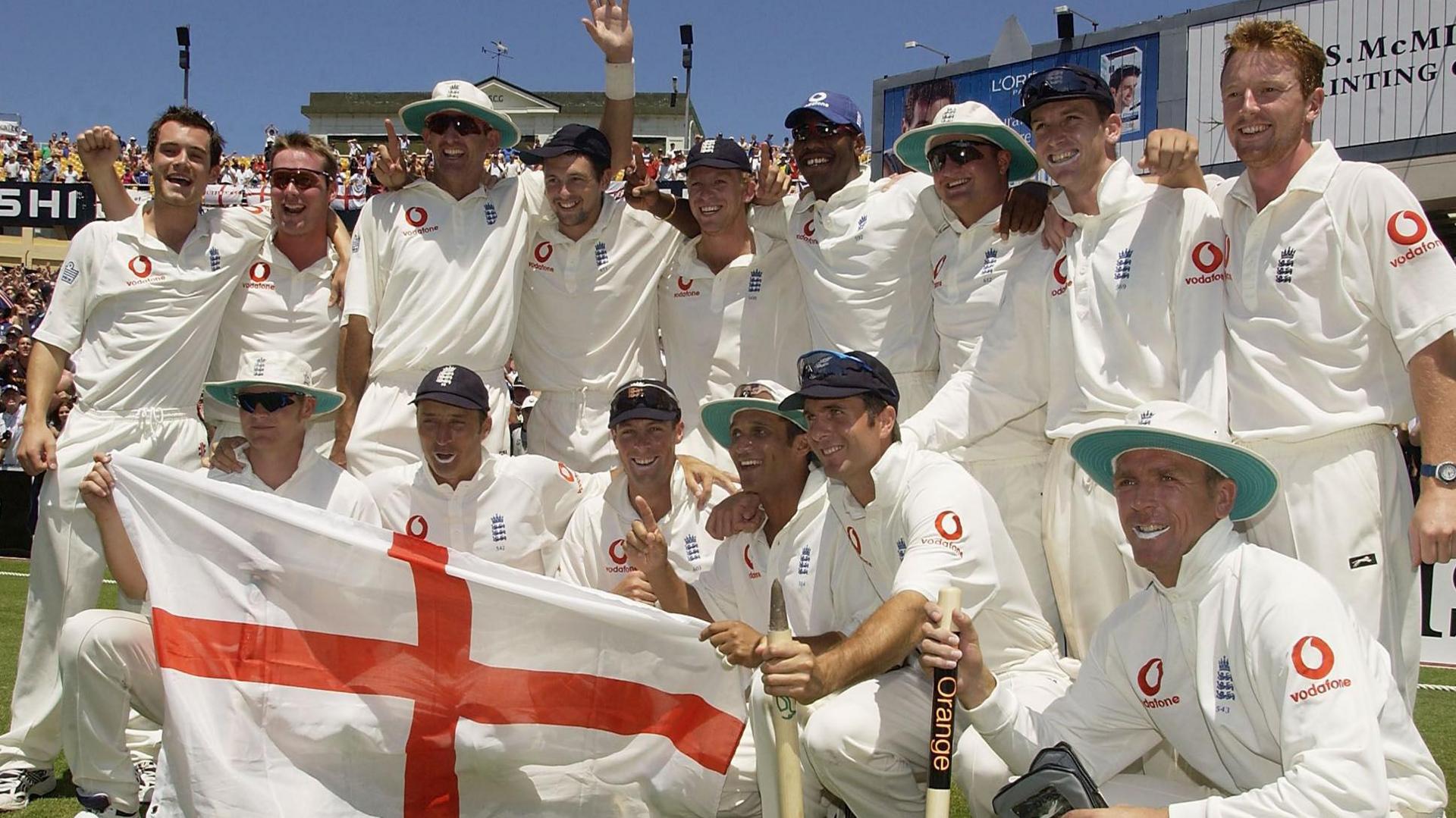 Image source, Getty Images
Image source, Getty Images
England won the final Test of the 2002-03 to avoid being swept 5-0
Six months later, Vaughan replaced Hussain as Test captain. His mission was to reshape an England team scarred by years of Ashes beatings. Only four of the XI from Sydney made it to the first Ashes Test at Lord's in 2005.
"It wasn't two years of waking up and thinking, 'we've got to beat Australia', because the only way to beat Australia is to win the games before," says Vaughan. "You can't suddenly arrive in an Ashes to beat that side having not beaten the other teams.
"It became obvious we were going to have a fresher team, a younger team, a team that had very little baggage. What was very clear in 2002-03, understandably, once we'd lost the first Test it was 'here we go again', because a lot of those players had been around the England side in the 1990s."
Those unforgettable eight weeks of summer in 2005 etched the names of Vaughan and his players into English cricketing folklore. Steve Harmison drawing blood from Ponting, and Andrew Strauss' catch. Kevin Pietersen's hair and Gary Pratt's direct hit. Andrew Flintoff's batting. Andrew Flintoff's bowling. Andrew Flintoff's drinking.
Because of injuries that occurred even before the series ended, the class of 2005 never played together again.
"That moment when you win is the best moment, but also quite deflating because it's all over," says Vaughan. "All the stress and pressure were hard to deal with, but you get adrenaline from being in a series like that. When it's over you wonder what's next."
Vaughan did not know it at the time, but lifting the urn was to be his last act as an Ashes cricketer. His troublesome knees meant he played only two more Tests in the 18 months that followed, including missing the defence in Australia in 2006-07. Under the captaincy of Flintoff, and a shadow of the team that won in 2005, England were dismantled 5-0 by an Australia side determined for revenge.
"We got absolutely hammered, and would have got hammered with me playing," says Vaughan. "We poked the bear.
"It was hard to watch, because a lot of my mates were playing. Once we beat that Australia team once, they weren't going to allow us to beat them twice, especially in their own backyard."
Vaughan tearfully stepped down as England skipper in 2008, although still with thoughts of playing in the home Ashes of 2009 under the captaincy of Strauss. Form and knees didn't allow it. In the four years between Ashes series played in this country, Vaughan went from winning captain to former cricketer. He retired at the age of 34.
"Straussy rang me and said he wanted me to get runs in county cricket and we'd have a look, but my body was knackered," says Vaughan. "I couldn't do the training or the work.
"There was the odd morning I woke up and thought, 'come on, let's have a go at getting that batting slot'. I was thinking there was a chance.
"I probably retired a little bit too young, but I would have royally embarrassed myself in 2009."
Considering his lofty standing in recent English cricketing history, Vaughan played relatively few Ashes Tests - 10 of them, five away and five at home.
He will forever be remembered for what he achieved in 2005. It would not have been possible without what happened in 2002-03.
The Ashes: Australia v England
21 November 2025 - 7 January 2026
In-play clips and highlights on iPlayer, BBC Sport website and app. Ball-by-ball commentary on BBC Sounds, BBC Radio 5 Sports Extra and the BBC Sport website and app, which will also have live text commentary and daily features and analysis

 3 months ago
88
3 months ago
88

